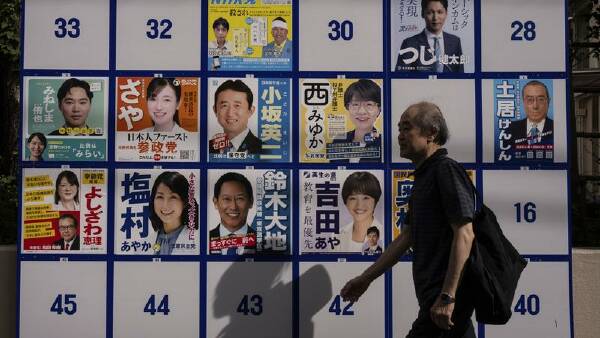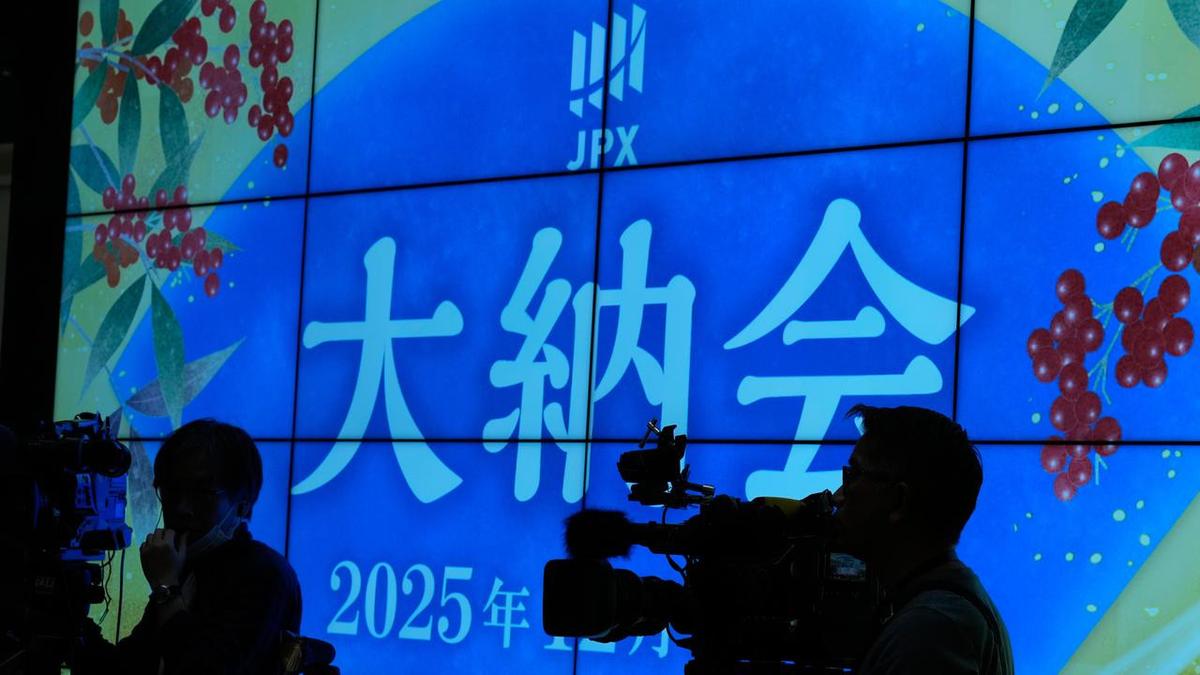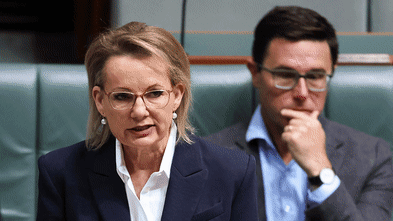
Japan’s minority government, led by Prime Minister Shigeru Ishiba, is bracing for a significant challenge in the upcoming upper house elections. The Liberal Democratic Party (LDP) and its coalition partner, Komeito, are projected to lose their majority, complicating tariff negotiations with the United States and potentially shaking investor confidence in the nation’s economy.
The elections, taking place on July 30, 2024, will see 125 seats contested. The ruling coalition must secure at least 50 seats to maintain its majority. While this vote will not directly determine the government’s fate, analysts warn that a loss could leave Ishiba vulnerable to opposition parties advocating for more expansive fiscal policies. Such a shift might exacerbate concerns about the selling of Japan’s government bonds.
In a dire scenario, some analysts speculate that Ishiba could be forced to resign, triggering political upheaval just before the August 1 deadline for resolving import levies imposed by the US, Japan’s largest trading partner. Joseph Kraft, a financial analyst at Rorschach Advisory in Tokyo, believes the LDP is unlikely to initiate a leadership change during this critical period of tariff negotiations that affect vital industries like automotive manufacturing.
Recognizing the urgency, Ishiba interrupted his campaign on Friday to engage with US Treasury Secretary Scott Bessent, who is in Japan for the World Expo in Osaka. Bessent later indicated that an agreement with Tokyo remains feasible.
As the electoral landscape shifts, Ishiba may seek to expand his coalition or forge informal agreements with opposition parties to ensure the government’s continuity. This uncertainty has raised investor apprehensions. Inflation, particularly the soaring price of rice—which has doubled since last year—has become a focal point for public dissatisfaction. In response, opposition parties are advocating for tax reductions and increased welfare spending, while the LDP is calling for fiscal restraint, mindful of the fragile government bond market.
Any coalition agreements that loosen fiscal discipline could further unsettle investor confidence regarding Japan’s ability to manage its substantial debt and hinder the Bank of Japan‘s long-standing goal of normalizing monetary policy.
Additionally, the far-right Sanseito party, which has gained traction with anti-foreigner rhetoric, is expected to secure 10 to 15 seats, marking a notable shift in Japan’s political landscape. Initially gaining attention through YouTube and spreading anti-vaccine conspiracy theories, Sanseito’s rise indicates a new wave of populist politics that could reshape the country’s political dynamics.
Analysts suggest that the longevity of the LDP’s rule can be attributed to its broad political appeal. Yet, accommodating the far-right faction could create internal conflict within the party. Tsuneo Watanabe, a senior fellow at the Sasakawa Peace Foundation, noted the delicate balancing act facing the LDP: “If the party goes too far right, it loses the centrists. But without the right wing, it has other problems.”
As Japan prepares for these pivotal elections, the outcome will not only affect governmental stability but also have far-reaching ramifications for its economy and international relations.






